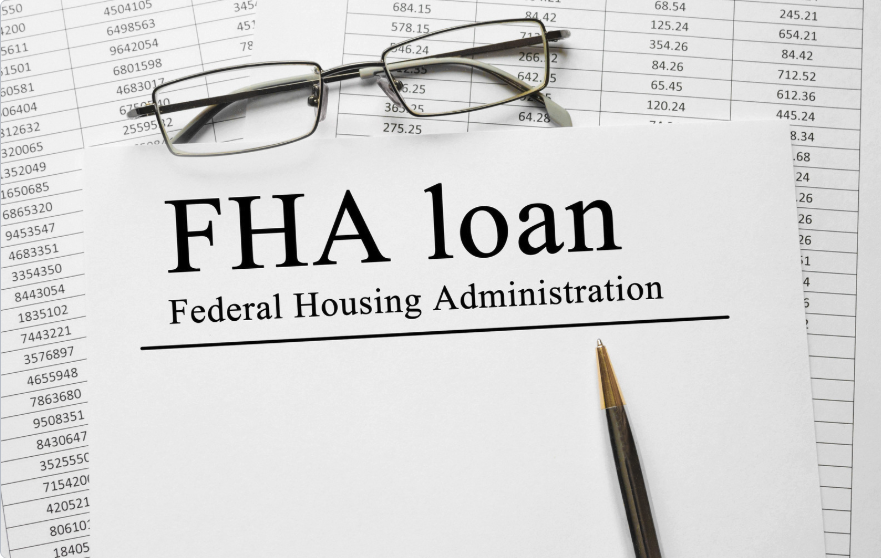For many first-time homebuyers and house hackers, using an FHA loan to purchase a 2–4 unit property is one of the most accessible ways to enter the world of real estate investing. With just 3.5% down and the ability to live in one unit while renting out the others, it’s an appealing strategy. But FHA loans come with a few important caveats, especially when it comes to property condition and rent requirements. Here’s what to know before you make an offer.
FHA Loans for Multifamily: The Basics
The Federal Housing Administration (FHA) allows buyers to purchase properties with 2, 3, or 4 units using low down payments and more flexible credit standards than conventional loans. The key requirement is that you must occupy one of the units as your primary residence for at least 12 months.
While FHA loans are often seen as a tool for homeownership, they can also be a powerful stepping stone for long-term investing—especially in markets like Southern Maine where demand for rental housing remains high.
Condition of the Property: Be Ready for Scrutiny
One of the most overlooked aspects of using an FHA loan is the strict condition standards. FHA requires that properties meet a set of safety, security, and soundness guidelines—meaning the home must be free from major defects and issues like:
Peeling paint (especially in older homes due to lead risk)
Missing handrails or exposed wiring
Roof leaks or visible water intrusion
Broken or non-functioning appliances and utilities
If the property doesn't meet FHA’s standards, the appraiser may require repairs before the loan can be approved. In some cases, the seller may agree to make repairs, but not always. If you're targeting value-add opportunities (i.e., cosmetic fixer-uppers), a conventional loan—or a renovation loan like the FHA 203(k)—might be a better fit.
The FHA Self-Sufficiency Test: A Dealbreaker for 3–4 Unit Properties
One of the most critical and often misunderstood requirements is the FHA Self-Sufficiency Test, which applies only to 3- and 4-unit properties.
To pass the test, 75% of the market rents (as determined by the appraiser) must be enough to cover the full monthly mortgage payment (including principal, interest, taxes, and insurance).
This can be a dealbreaker in situations where:
Market prices per unit are accelerating faster than the market rents
Property taxes are high
Each unit has a low bedroom count which will bring total market rent down
If the property fails this test, the buyer cannot move forward with an FHA loan—even if they qualify otherwise.
Navigating Rent Estimates: Market Data Matters
Reliable rent data is not always easy to come by—especially in less dense parts of Maine.
Prospective buyers are allowed to submit supporting documentation to help the appraiser justify higher rents, including:
Copies of current leases from nearby similar properties
Screenshots of active rental listings
Letters from property managers or landlords
One helpful resource is the Maine State Housing Authority’s rent guide, which provides area-wide estimates for different unit sizes. However, it’s often more general than what a lender or appraiser may need.
This is where our investor network can help. With access to dozens of multifamily owners across the state, we’re able to provide localized, real-world rent data based on actual leases and current market activity—helping improve the chances of your deal meeting FHA rent test requirements.
Final Thoughts
FHA financing can be a powerful tool for buying your first multifamily, but the details matter. From condition requirements to the self-sufficiency test, it's important to understand how these guidelines could impact your ability to close.
If you're exploring this strategy, working with an agent who understands the process—and who has access to the right network and data—can make all the difference.
Thinking about buying a multifamily with an FHA loan? Let’s talk. We can help you identify the right properties, evaluate the numbers, and connect you with the local resources needed to get it done right.



